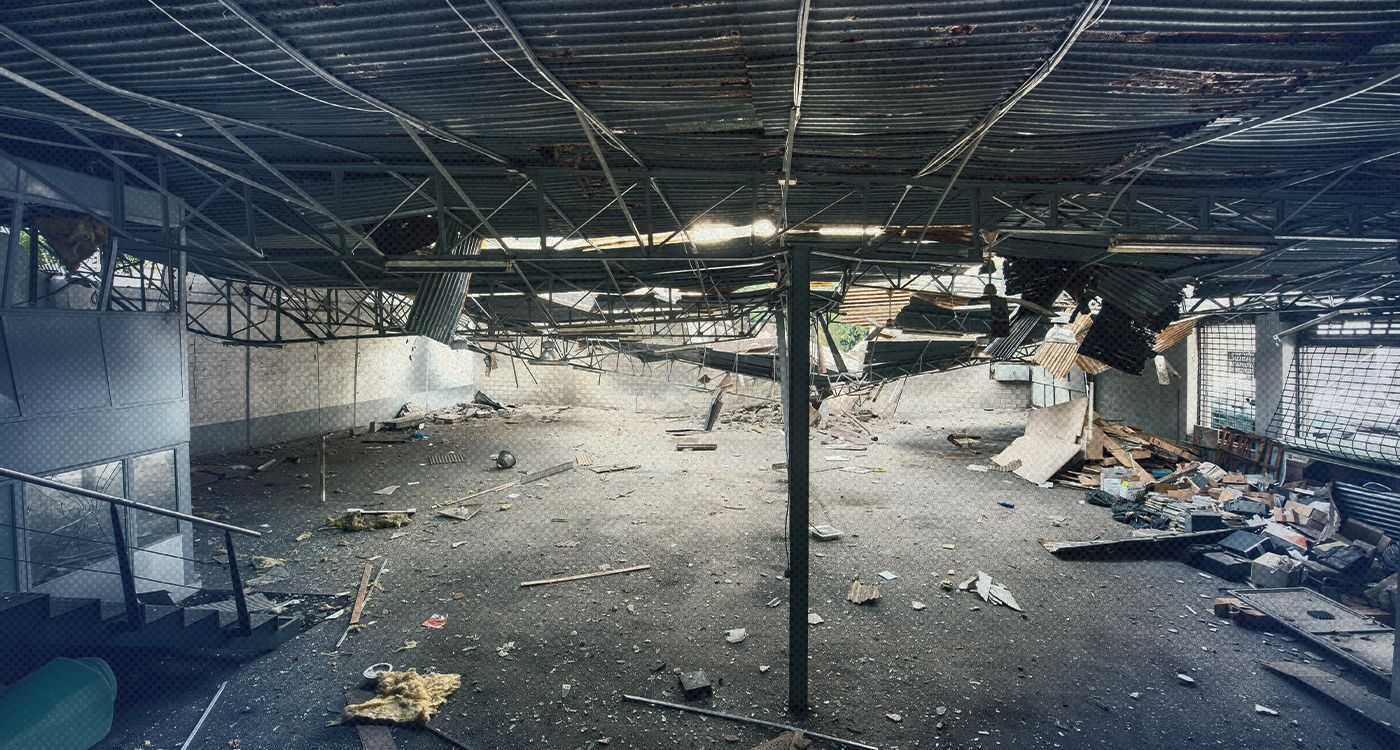
“Made in Lebanon” products are bearing the brunt of military operations. The Lebanese industry, a vital sector of the economy, has suffered considerable direct losses and is now grappling with significant challenges.
The Lebanese industrial sector has experienced a significant loss of domestic market share, with the notable exception of the pharmaceutical and food industries, as consumers increasingly prioritize essential goods. Furthermore, opportunities for international trade have diminished. According to Ziad Bekdache, Vice President of the Association of Industrialists in Lebanon (AIL), export orders now primarily consist of those placed prior to Hezbollah's escalation on the southern front. Foreign clients are apprehensive about potential blockades, production halts and logistical disruptions resulting from ongoing military operations.
Relocation of facilities
Industries located in conflict-affected areas, particularly in Beirut’s southern suburbs, the Beqaa and South Lebanon, ceased operations at the beginning of the conflict. Only a handful have managed to transfer their production and equipment to safer regions – a process that is both complex and costly, making it unfeasible for many businesses.
Currently, closed factories account for 30% of the industrial sector, while most operational facilities are found in Mount Lebanon and Metn, which are outside conflict zones. Notably, around 400 of the 1,100 factories registered with the Beqaa Industrialists Association are situated in Baalbeck, a region enduring daily attacks since September 23.
Cash on delivery payment
In the meantime, factories located outside the targeted areas are not operating at full capacity. Moreover, those that previously ran 24 hours a day have cut back to just 12 hours, while those that operated for 18 hours are now limited to only 8. The primary reason for this decline is the mass relocation of their workforce to areas far from their original workplaces, complicating access. Additionally, many workers have left the country in search of opportunities abroad.
In an interview with This is Beirut, Ziad Bekdache highlighted another pressing challenge for manufacturers: the payment of employee salaries in the coming months. With industrial sales plummeting by approximately 90% – excluding the pharmaceutical and agri-food sectors – the liquidity crisis is becoming critical.
For several months, cash-on-delivery payment, which has been the standard in Lebanon since the onset of the multidimensional crisis in 2019, has gradually shifted to credit sales, with payment terms extending from 15 to 30 days among economic actors. However, the recent outbreak of hostilities has exacerbated this situation, leaving most factories that extended credit unable to collect their debts, as clients are now in conflict zones and unable to operate.
According to Bekdache, the current situation for industrialists in Lebanon is markedly different from that of the July 2006 war, as Israel has not directly targeted industrial facilities this time. In 2006, significant industrial infrastructures, such as the Maliban glass factory in Central Beqaa and the Liban Lait factory in Baalbeck, were heavily damaged. While the current attacks have not resulted in similar destruction of factories, Lebanese industries are nonetheless experiencing substantial impacts, albeit in a different manner.




Comments